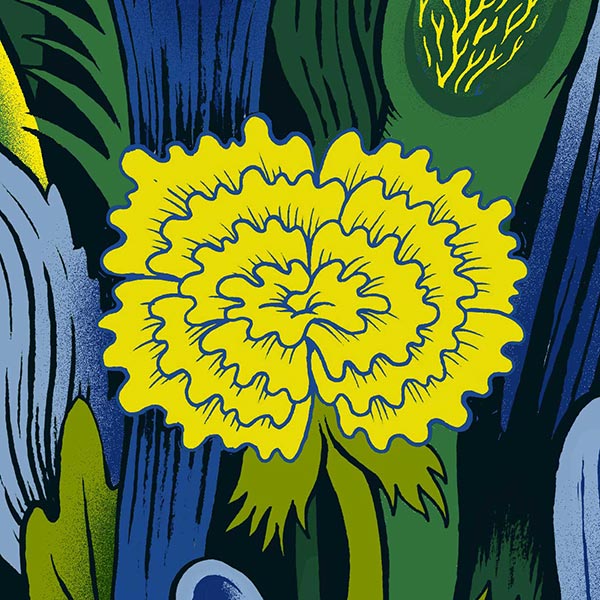Workshops can be a great way of bringing together experts to discuss diverging opinions on the design of a funding initiative, whether this is a challenge prize, a funding call or an innovation lab.
However, picking the right time to hold a workshop is crucial. Do it too soon (i.e. before the problem is chosen) and the workshop will lack focus. Do it too late in the process (i.e. once most features of the programme have been designed) and there is the risk that participants will feel like most decisions have already been made without their input, and they will feel disengaged.
We think workshops are best suited to help give direction and focus. They can be very helpful in reaching consensus on how to frame a problem in need for a solution; they can also be very effective at refining specific programme details, such as success criteria for solutions. In short, workshops as means of gathering feedback from a community of experts are most effective when their aim is not too broad, nor too narrow.
Workshops are great because they allow for open discussions at higher levels of expertise. This is valuable as experts might sometimes feel the need to oversimplify concepts when consulted in interviews. When given the opportunity to articulate their opinions in front of their peers, interesting challenges or previously overlooked details may emerge.
From a participant’s perspective, workshops can offer an opportunity to see their domain from a different perspective. Research fields tend to be highly specialised and different branches of research, despite aiming for the same goal, can be entirely disconnected. Workshops can allow participants to broaden their network of people working in the same field.
Workshops also have their disadvantages. They can lead to false agreements as a result of ‘groupthink’ or the loudest of participants can monopolise discussions. That’s why it is important to have a clear structure for the workshop, clear objectives, a skilled facilitator to encourage constructive conversations and engaging materials to help capture insights.
In terms of participants, we tend to invite a mix of experts from different fields within the same problem area, as well as people working on solutions/innovations to the problem. This helps balance theoretical discussions with the practical aspects of building solutions.

